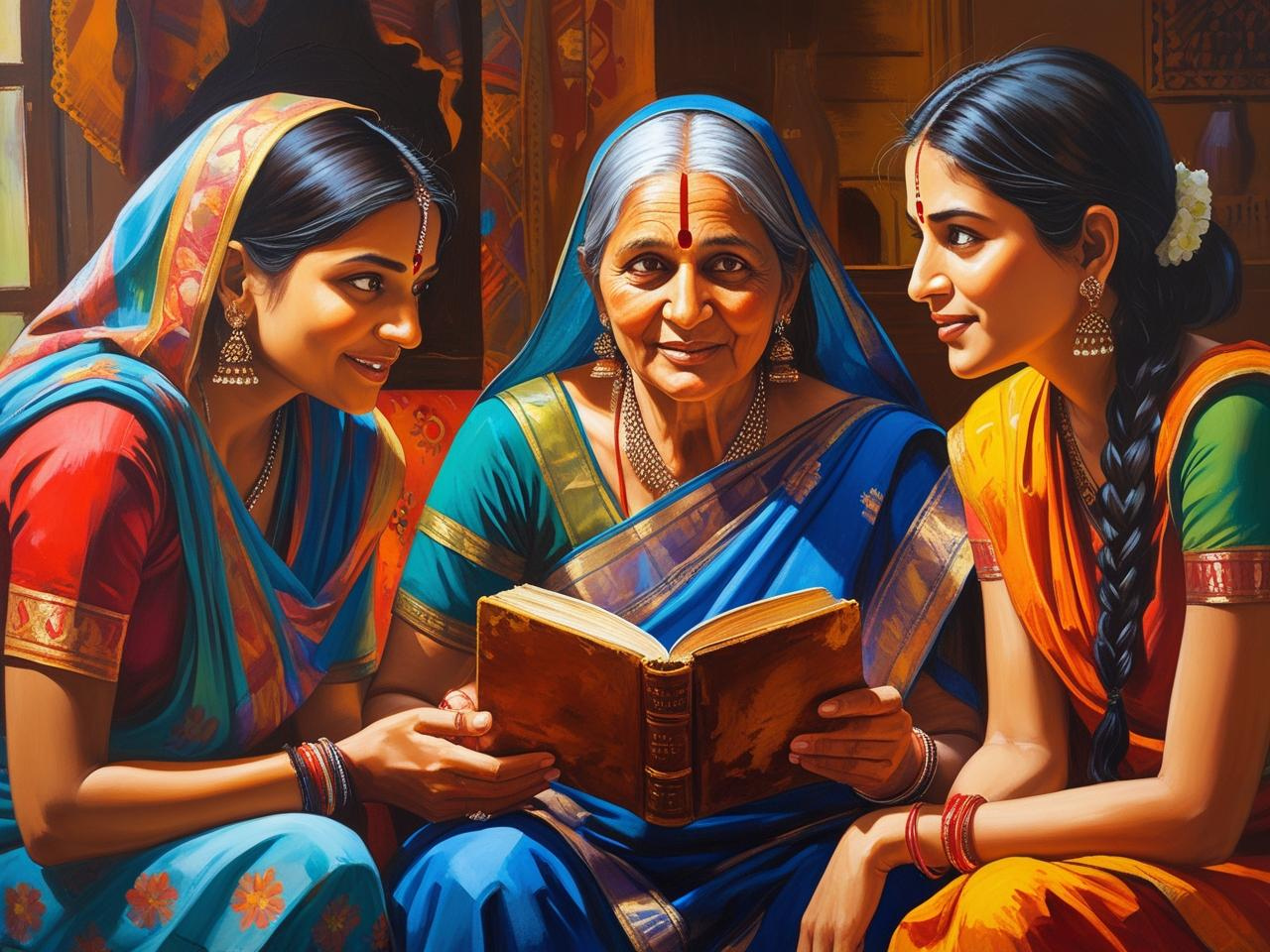In every family, there’s one person whose love, stories, and advice never seem to fade Grandma. Whether we call her Aama, Baje, Bubu, Dadi, or Nani, grandmothers have a very special place in our hearts. But have you ever thought about how important their words and lessons are? This is what we call “The Grandmother Code”—a special kind of wisdom that travels from one generation to the next through stories, traditions, food, care, and unconditional love.
Let’s dive into this beautiful journey of grandmothers and how their voices shape families, cultures, and even modern thinking.
What Is the Grandmother Code?
The Grandmother Code is not a written rulebook. It’s the unspoken wisdom passed down through talks in the kitchen, bedtime stories, songs during festivals, or that quiet advice they give when no one else understands. It’s how grandmothers:
- Teach kindness
- Share their life experiences
- Pass on traditions
- Guide us through hard times
They might not have fancy degrees or titles, but their real-life knowledge is priceless.
The Science Behind Grandma’s Importance
Did you know science has proven that grandmothers help human survival? It’s called the “Grandmother Effect.”
According to researchers, children who grow up with grandmothers nearby are healthier, live longer, and are more emotionally stable. This is because grandmothers help raise the kids, cook healthy meals, give emotional support, and let parents rest.
In fact, in many parts of the world, grandmothers are the reason families stay strong, especially during tough times like illness, poverty, or migration.
Grandmothers Around the World
Across the globe, grandmothers are respected leaders in their communities. Here are some examples:
- In Nepal, grandmothers teach us about Dashain and Tihar, tell us old folk tales, and help us speak our mother tongues.
- In Africa, grandmothers are often the health advisors, teaching how to use herbs and plants for healing.
- In Australia, Aboriginal grandmothers are master weavers who teach younger women how to make art that tells stories.
- In Tonga, they pass down the beautiful art of tapa cloth making, which holds deep cultural meaning.
No matter where they are from, grandmothers are powerful storytellers and protectors of tradition.
Lessons in Everyday Life
You don’t need to go to a temple or a school to learn from your grandmother. Her simple words during simple moments are often the most powerful:
- “Don’t waste food. Many people are hungry.”
- “Speak politely, even when you’re angry.”
- “Work hard, but don’t forget to rest.”
- “Money will come and go, but honesty stays.”
These words are not just advice—they are life codes. And when we follow them, we become more thoughtful, respectful, and balanced people.
Grandmothers and Spirituality
In many families, grandmothers are also the ones who light the morning diya, chant mantras, and guide us in praying during pujas. Even if we don’t fully understand the rituals, just watching them do it brings a sense of peace.
They teach us that spirituality is not about fear, but about love, discipline, and connection with nature, people, and the universe.
How Their Wisdom Matches Modern Psychology
It’s fascinating how modern psychology now agrees with many things our grandmothers have been saying for ages!
- Mindfulness
Today, therapists tell us to breathe deeply and be in the moment. But grandmothers have always said, “Sit quietly for a while,” or “Eat slowly and with love.” - Emotional Intelligence
Grandmothers know how to handle emotions. They’ll say, “Don’t shout when you’re upset. Think first.” That’s the same as emotional regulation taught in therapy today. - Resilience
They’ve survived wars, poverty, loss—and they still laugh and love. That’s emotional strength that books can’t teach.
Keeping Culture Alive
Without grandmothers, we might forget:
- How to make sel roti just right
- The meaning behind Teej songs
- Why we swing during Rishi Panchami
- The stories of gods, demons, and wise kings
Grandmothers are like living libraries. When they teach you how to make pickle (achar) or sing a lullaby, they are keeping history alive.
Grandmothers and Children
Children love grandmothers for many reasons:
- They are patient
- They give the best snacks
- They tell bedtime stories
- They listen without judging
In many cases, when parents are too busy or tired, grandmothers become second mothers. They raise children with more softness, more songs, and more hugs.
Why We Need to Listen More
Sadly, in today’s fast world, we sometimes ignore or forget to ask our grandmothers how they’re doing. Many elders feel lonely because younger people are too busy with phones and work.
But the truth is—when we sit with them, we learn not just about the past, but also how to deal with the present.
We need to listen, record their stories, and value their time while we still can.
How to Keep the Grandmother Code Alive
Here are a few friendly ways to honor the Grandmother Code in daily life:
- Ask for stories – “Tell me how you met Grandpa.”
- Cook with them – “Teach me how you make that curry.”
- Celebrate festivals together – “What do you usually do for Maghe Sankranti?”
- Write it down – Make a family book of her life and lessons.
- Teach your kids what she taught you – That’s how her wisdom will live on.
Final Thoughts
Grandmothers are more than just family members. They are our roots, our memory-keepers, and our emotional anchors. They might walk slowly, but their wisdom moves fast through generations. They speak with love, act with patience, and teach with their whole hearts.
So, let’s not take their words lightly. The Grandmother Code is a gift—passed from lips to ears, from kitchen to classroom, from heart to heart.
Cherish it. Learn from it. Pass it on.

